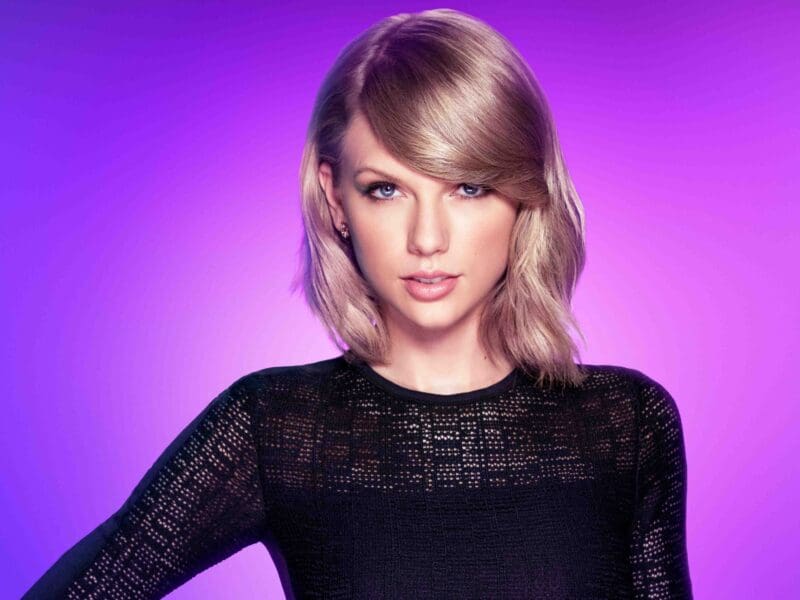
Nepotism: How Blue Ivy Carter’s nom proves the Grammys’ irrelevance
Although Blue Ivy Carter is the daughter of Beyonce & Jay-Z, she’s still turning heads as one of the youngest to ever be nominated for a Grammy award at the tender age of eight. Her contribution to her mother’s Lion King anthem “Brown Skin Girl” was an undeniable part of the song’s success. However, many people are questioning the Recording Academy’s nomination process after suffering severe losses in credibility.
How does Blue Ivy Carter’s nomination measure up? What does a Grammy win mean for anyone now? Let’s look at the facts.
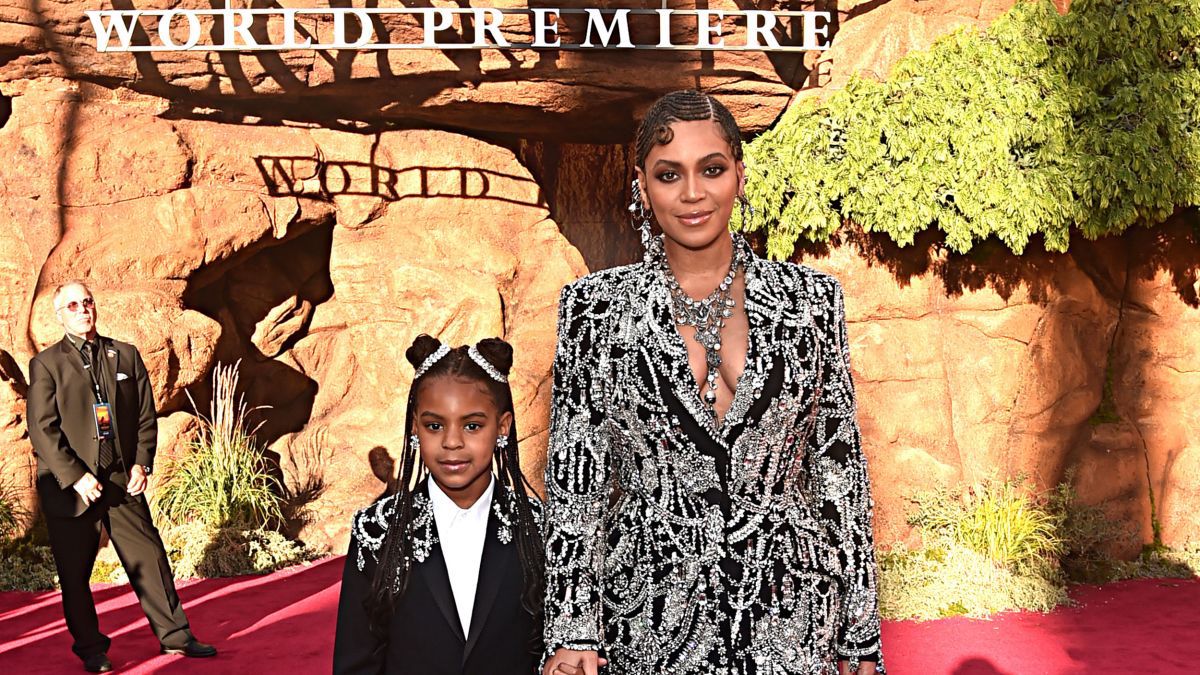
Rare company
Although Blue Ivy is now in very rare company as one of the youngest ever nominated, she is surprisingly not the first eight year old to be nominated. Leah Peasall of the Peasall Sisters was also eight years old when she & her sisters were nominated for portraying “the Wharvey Girls” on the O Brother, Where Art Thou? soundtrack.
Aside from her age, a few distinctions separate Blue Ivy Carter from other youngsters who have found themselves at the prestigious awards show.
Blue Ivy Carter comes from a proud line of Grammy royalty, where both of her parents rank among the most-nominated people in the history of the award. Her mother Beyonce ties former Beatle Paul McCartney with seventy-nine nominations, while her father Jay-Z ties with Quincy Jones for the most nominations at eighty.

Young Grammy nominees
While Blue Ivy Carter is listed as a collaborator on “Brown Skin Girl”, gospel singer Deleon Richards remains the youngest to have won an individual Grammy at 8 ½ years old. Blue Ivy turns nine years old on January 7, less than a month before the awards show airs. While a Grammy win for a nine-year-old will make history in its own right, slightly older artists have achieved even more dizzying heights with their wins.
Eighteen-year-old Billie Eilish recently took home five of her six Grammy nominations in 2020, becoming both the first woman and the youngest person to win all four of the “general-field” categories in the same time period: Album of The Year, Record of The Year, Song of The Year, and Best New Artist.
The only other artist to come close to this achievement was Christopher Cross, who was thirty years old when he won all four awards in 1981.
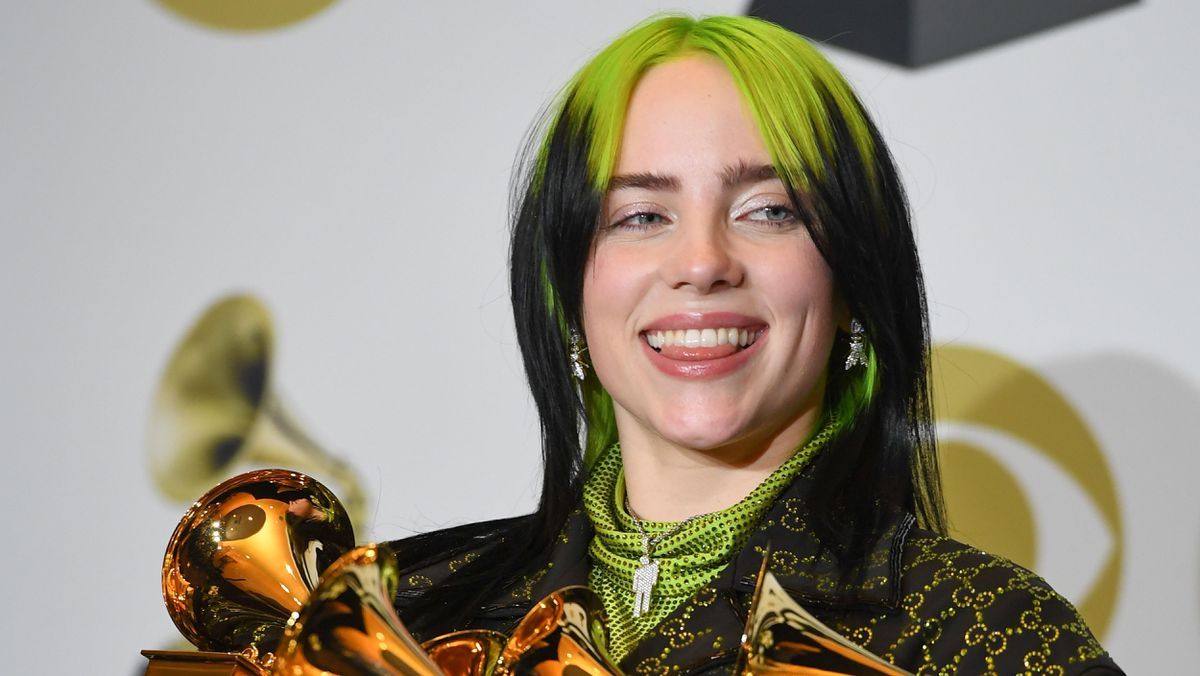
Decades of discrimination uncovered
As the CEO of the Recording Academy at the time, Deborah Dugan’s complaint with the Equal Employment Opportunity Commission appeared to undeniably confirm these suspicions. She detailed numerous accounts of rampant sexism, sexual assault, racism, voter corruption, and mismanagement of funds.
As Blue Ivy Carter is a young, Black girl, her nomination quickly brings back memories of the #GrammysSoWhite movement, in which social media came together to call out the Grammys for awarding Adele the Album of the Year award over Blue Ivy’s mother Beyonce, whose critically acclaimed album Lemonade put a cultural spotlight on racial justice.
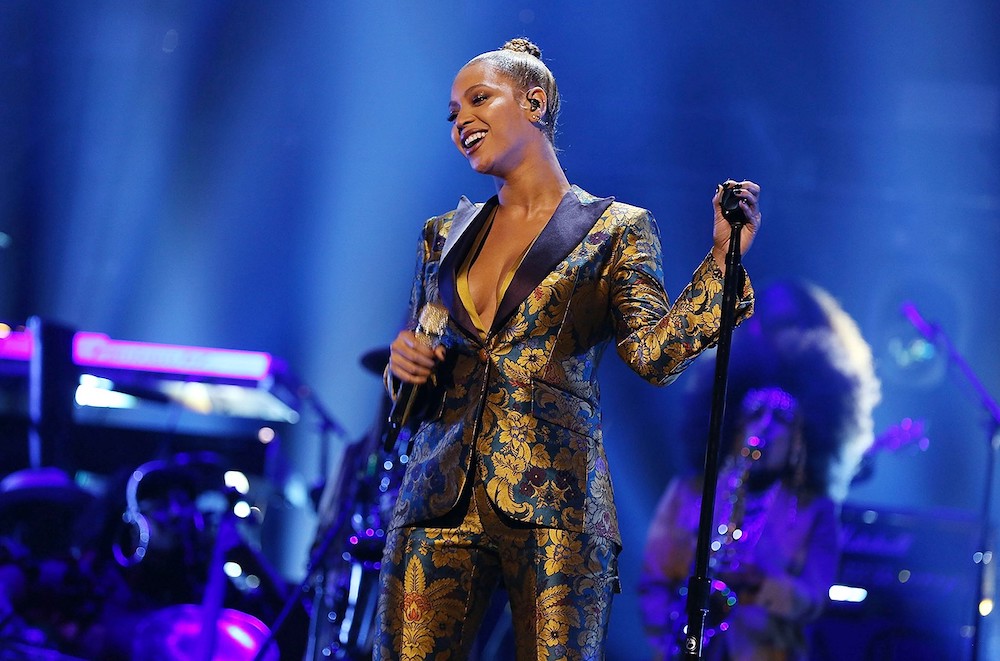
Not only did Dugan claim the majority of voting members have been historically “overwhelmingly White and male”, but that secret “nomination review committees” make final decisions on nominees after upwards of 12,000 voting members make preliminary decisions.
It is this practice that is largely believed to be responsible for artists being infamously “snubbed” at the awards, conspicuously absent by seemingly arbitrary means.

Grammy snubs
While there have been enough Grammy snubs over the decades to fill an entire article on its own, a recent snub most of our readers will remember is that of Ariana Grande. Back in 2019, she refused to attend the Grammys after former Recording Academy Board Chair Jorl Katz allegedly sexually harassed her during a private dinner, attempting to control the direction of her performance at the Grammys.
In what arguably was the smoking gun to unsavory Grammys behavior, disgraced former Academy CEO Neil Portnow infamously stepped down from his position after stating that female musicians need to “step up” if they want adequate recognition.

Is a Grammy even worth it now?
Even without so much internal conflict coming to the forefront, both the media and fans alike are re-evaluating what winning a Grammy Award actually means in the age of streaming & social media.
With Spotify, Soundcloud, and Apple Music, artists worldwide have been able to launch their careers and travel the world without being nominated for a single award. Over the last decade, many argue that the Grammys have long fallen behind the times.
Drake famously alluded to not needing a Grammy in order to be successful during his own acceptance speech. Several artists who end up winning Grammys almost routinely dedicate their awards to those who they feel are more deserving. In the age of social media, a Grammy win can also elicit an apology of sorts from artists whose win carries an air of discrimination or foul play against another artist online.
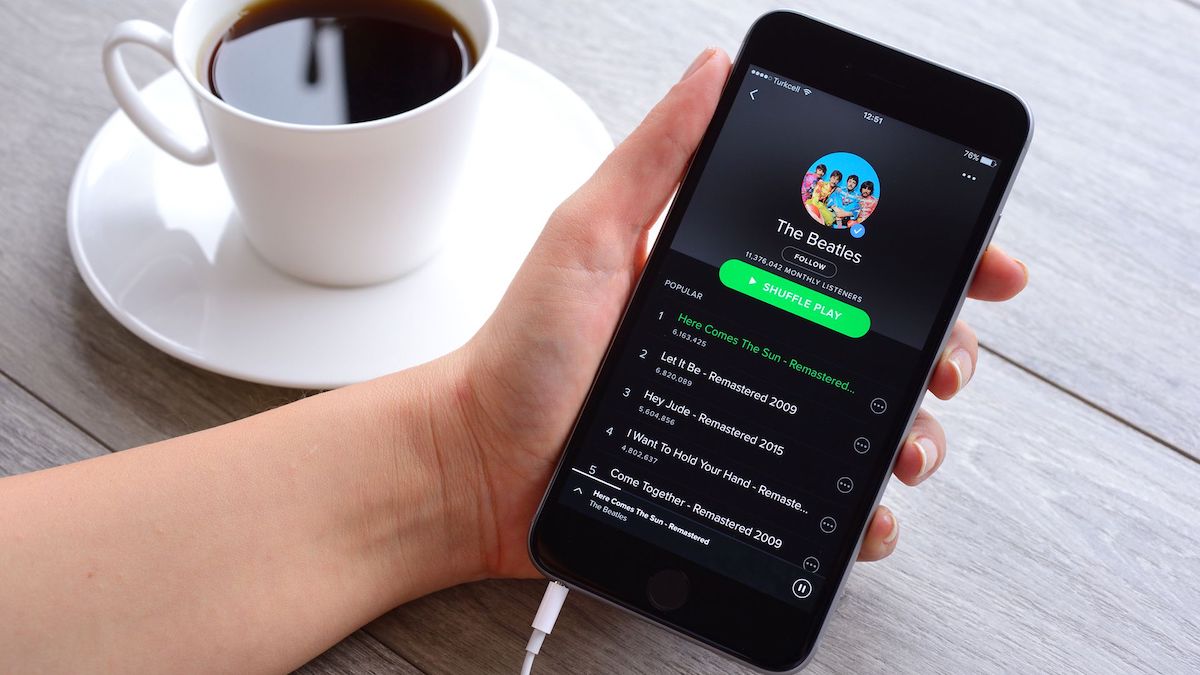
What musicians are saying
In November 2020, both Halsey & The Weeknd shared their own opinions of the Grammys. While The Weeknd’s tweets were more succinct, Halsey offered a more telling viewpoint.
“The Grammys are an elusive process. It can often be about behind-the-scenes private performances, knowing the right people, campaigning through the grapevine, with the right handshakes and ‘bribes’ that can be just ambiguous enough to pass as ‘not-bribes.’”
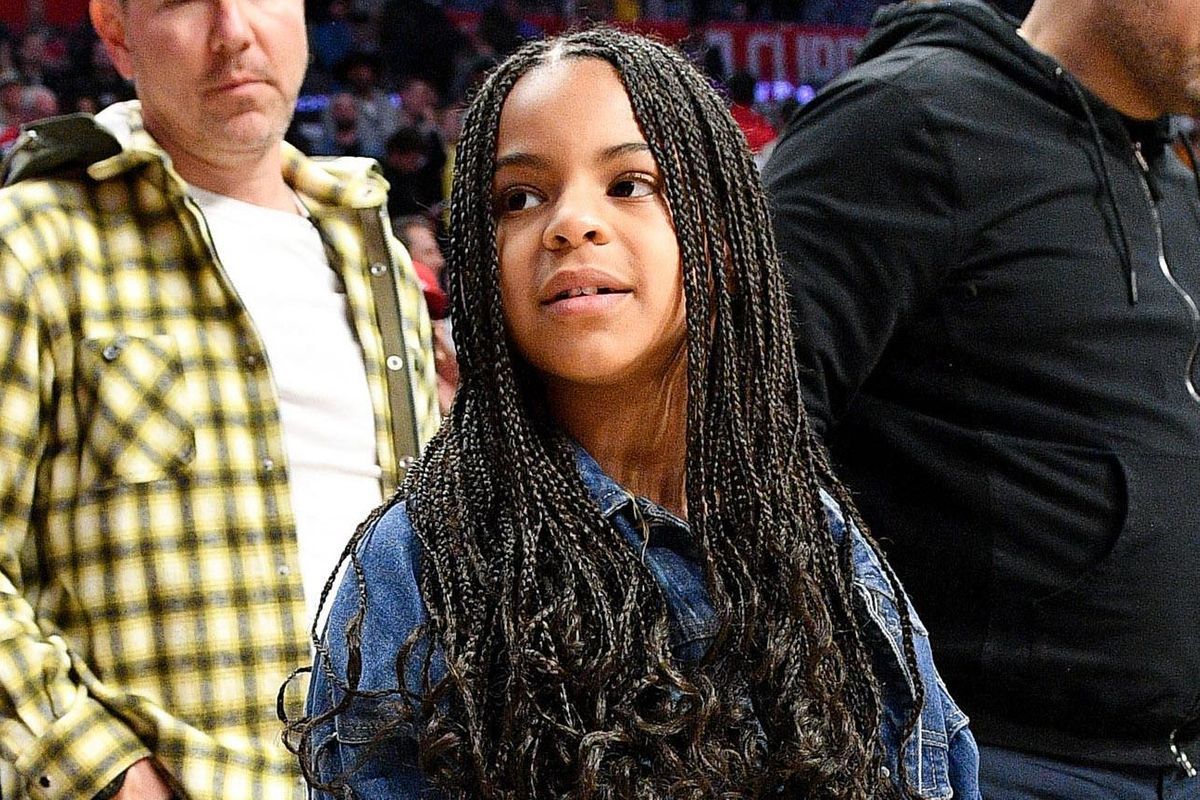
Final thoughts
As Dugan stepped down from her CEO position, she left saying the Grammys are simply a marketability contest that has more to do with campaigning rather than an artist’s contribution to music during the year. Halsey would seem to agree, saying, “If you get that far, it’s about committing to exclusive TV performances and making sure you help the Academy make their millions in advertising on the night of the show.”
As for Blue Ivy Carter’s nomination, it adhered to the Grammys’ official rules, which state: “in order for a featured artist to be recognized as a nominee, 1) the artist must be credited and recognized as a featured artist; and 2) there must be significant performance and artistic contribution by the featured artist beyond what might be considered merely accompaniment.”
—
Do you think artists should still care about the Grammys? Let us know in the comments!







